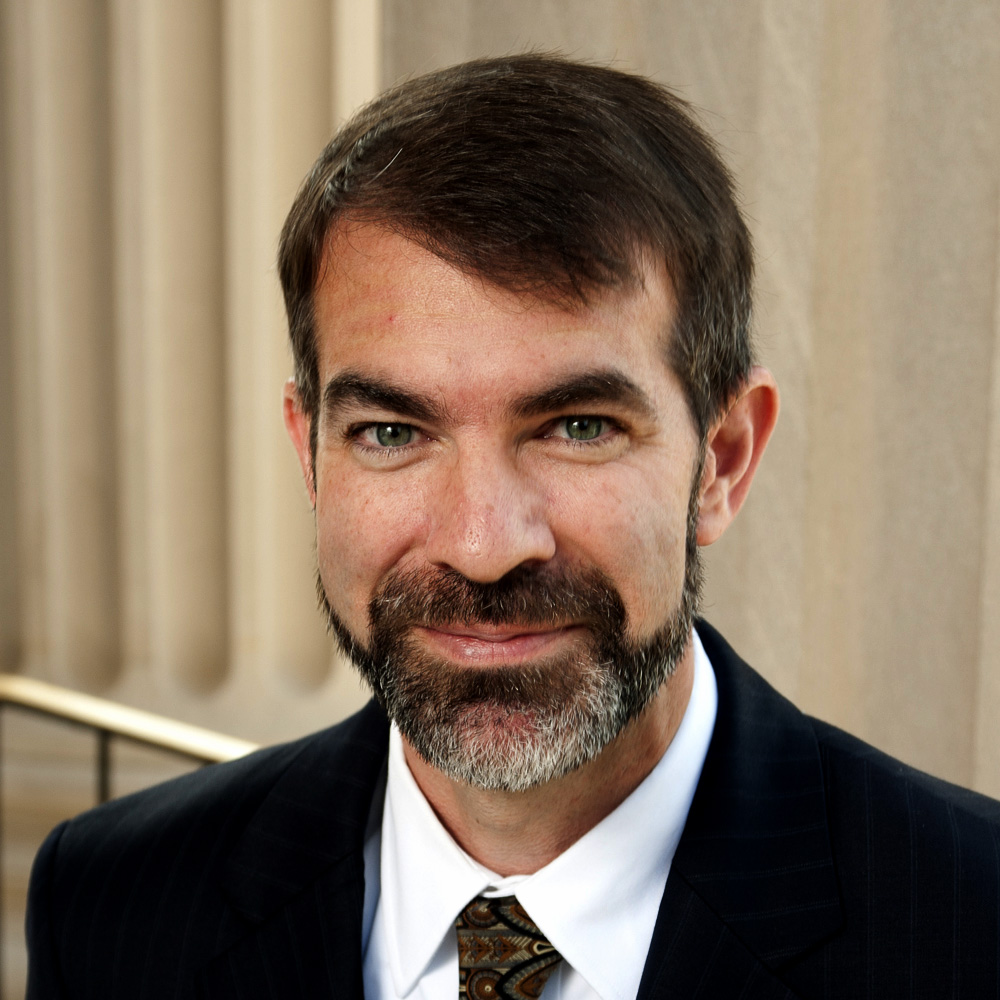Joshua Rovner: On the NSA controversy
Joshua Rovner, new Tower Center National Security expert, says the NSA seems like a scandal in search of consequences and a crime in search of a victim.

"The NSA controversy raises legitimate issues about intelligence and civil liberties at a time in which citizens are communicating in radically different ways The NSA is grappling with how to process a mountain of data without violating the right to privacy. To do so it has created a number of “minimization” procedures that regulate how and when it can collect information to reduce the risk of encroaching civil liberties. These procedures seem to have worked: despite the intense attention on the NSA over the last several weeks, we have yet to see much evidence that anyone’s privacy was actually violated.
"At this point the main concern seems to be that the NSA has the technological capabilities to behave badly, not that it has actually done so This is akin to criticizing police officers for carrying guns and handcuffs, whether or not they actually use them We may learn about actual abuses later, but at this point the affair seems like a scandal in search of consequences and a crime in search of a victim."
Rovner is the John Goodwin Tower Distinguished Professor of International Politics and National Security, Associate Professor of Political Science, and Director of Studies at the Tower Center for Political Studies. Before coming to SMU, he was Associate Professor of Strategy and Policy at the Naval War College, and he also taught at Columbia University and Williams College.
Rovner writes extensively on strategy and security. His recent book, Fixing the Facts: National Security and the Politics of Intelligence (Cornell University Press, 2011), is a wide-ranging study about how leaders use and misuse intelligence. Rovner's book combines a new theory of intelligence with a deep historical analysis of critical moments in U.S. foreign policy, including key decisions about the wars in Vietnam and Iraq. Widely praised by reviewers, Fixing the Facts won the International Studies Association Best Book Award for security studies, and the Edgar S. Furniss Book Award, presented by the Mershon Center at Ohio State University.